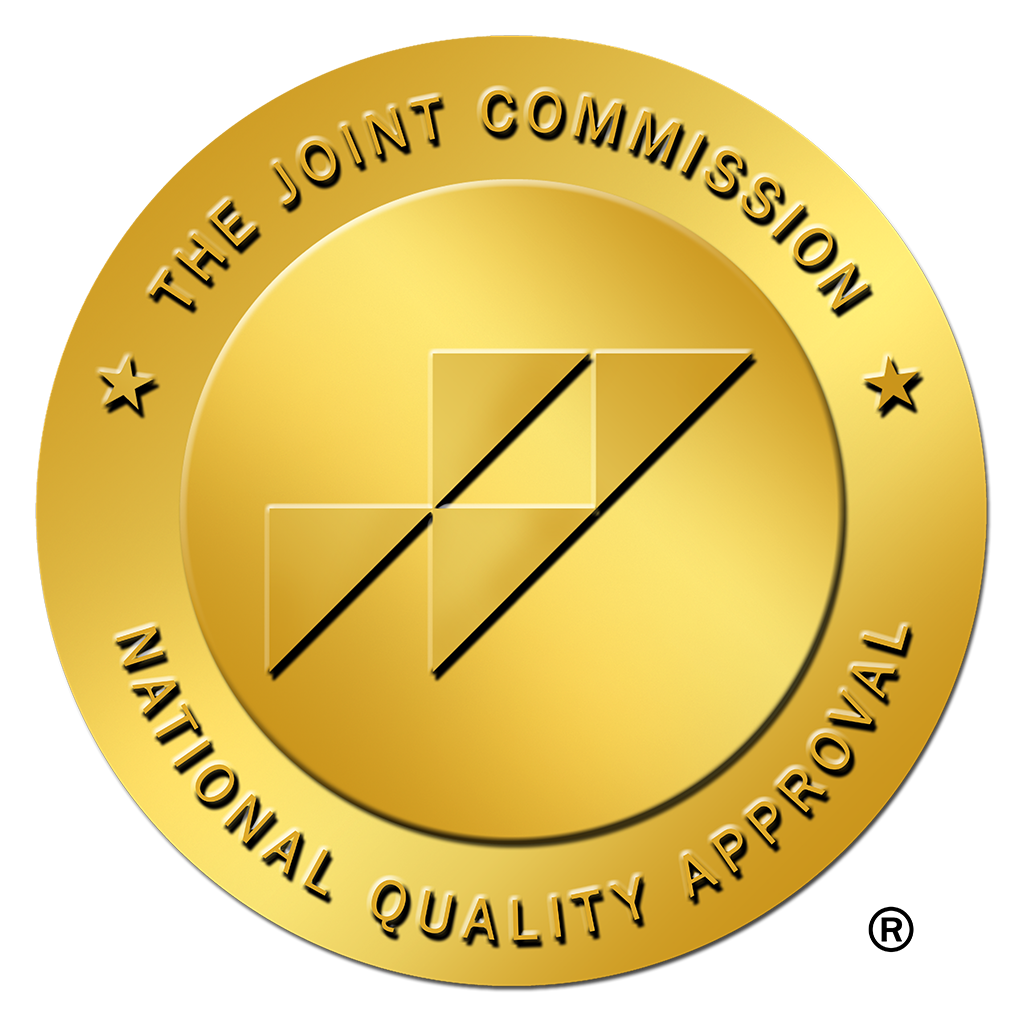Trust is one of the most significant casualties of addiction. When substance abuse takes over, it often leads to broken promises, dishonesty, and strained relationships.
After entering recovery, one of the biggest challenges is mending those damaged connections and proving to loved ones that change is real and lasting. While rebuilding trust after addiction takes time, it is possible with consistency, accountability, and open communication.
Understanding the Impact of Addiction on Relationships
Addiction affects more than just the individual struggling—it ripples through families, friendships, and romantic partnerships. Many loved ones have experienced hurt, disappointment, or betrayal.
This means that they may be hesitant to trust again, even if they want to. Recognizing their feelings and understanding the emotional damage caused is the first step in beginning the healing process.
Steps to Rebuilding Trust
Rebuilding trust after addiction doesn’t happen overnight, but these steps can help repair relationships and strengthen your support system during addiction treatment.
1. Be Honest and Transparent
Trust grows when your words and actions align. Being open and honest about your progress, struggles, and intentions shows your loved ones that you are committed to change. Avoid secrecy, even about small things, as dishonesty—even unintentional—can bring back old fears.
2. Take Responsibility and Make Amends
Acknowledging past mistakes is crucial in mending broken relationships. A heartfelt apology can go a long way, but making amends goes beyond words. It’s about demonstrating through actions that you are actively working to repair the harm caused by addiction.
3. Give Loved Ones Time to Heal
While you may be eager to rebuild relationships, your loved ones might need time to process their emotions. Understand that trust isn’t given on demand—it’s earned through consistent effort over time. Be patient and allow them the space they need to heal.
4. Show Consistency in Your Actions
Consistency is key when repairing trust. Follow through on commitments, keep your word, and establish a track record of reliability. Whether it’s attending family gatherings, sticking to a routine, or maintaining sobriety, proving stability through everyday actions reassures your loved ones.
5. Engage in Family Therapy or Counseling
Rebuilding trust can be difficult without guidance. Family therapy offers a safe space to address past wounds, improve communication, and rebuild healthy relationships. A therapist can help mediate conversations, ensuring everyone feels heard and respected.
6. Respect Boundaries
Your loved ones may set boundaries to protect themselves as they learn to trust again. Respect these boundaries, even if they feel restrictive. Accepting their limits and demonstrating respect for their needs helps rebuild a sense of security in the relationship.
7. Focus on Long-Term Healing, Not Quick Fixes
Trust is rebuilt through ongoing effort, not grand gestures. While apologies and promises are important, they must be backed by long-term change. Prioritizing personal growth, emotional regulation, and continued recovery efforts will show loved ones that your transformation is real and lasting.
Finding Support for Yourself and Your Loved Ones
Recovery is not just about staying sober. Instead, it’s about healing relationships and rebuilding connections. A key part of this process is learning how to rebuild trust after addiction, which can be challenging but essential for repairing damaged bonds. Seeking support through therapy, support groups, or addiction recovery programs can provide the tools needed to navigate this journey.
Milton Recovery Centers offers programs like Partial Hospitalization (PHP) and Intensive Outpatient (IOP) to help individuals and their families strengthen their recovery relationships. If you or a loved one need professional resources, reach out to our compassionate team for assistance.







